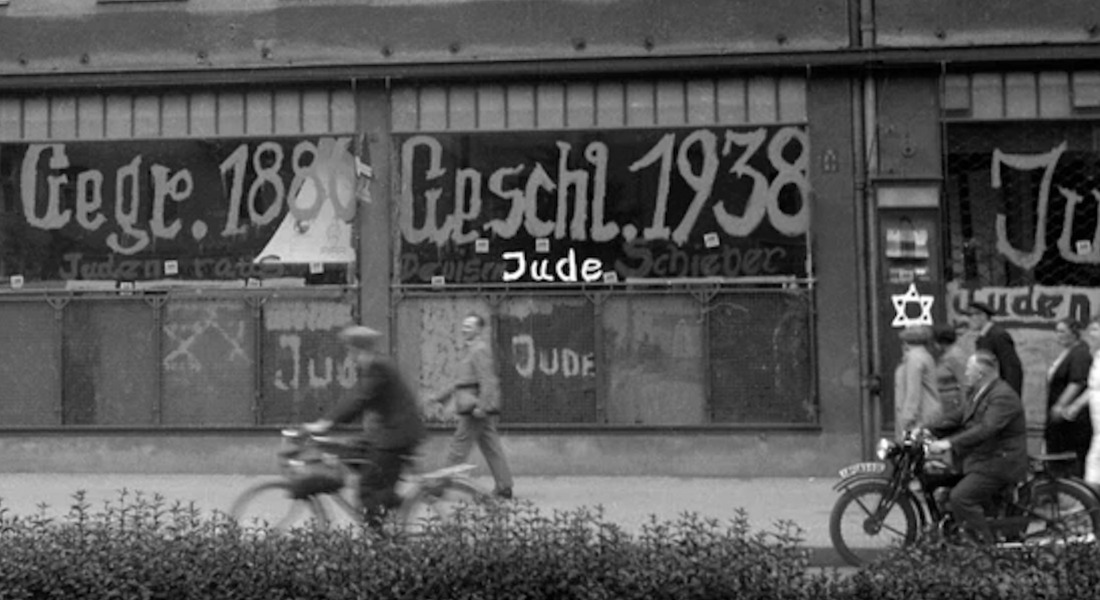It is our duty to ensure that the legacy of survivors is honoured by actively combatting antisemitism in all its forms.
Following the Second World War and the Allied victory over fascism, there was a prevailing sentiment that humanity had learned its lesson and that the horrors of the Holocaust would never be repeated. For three generations, Holocaust survivors have dedicated their lives to raising awareness about the consequences of hatred, indifference and the dangers of nationalism and radicalized religion. Their tireless efforts have extended beyond the memory of the Holocaust, encompassing the genocides in Rwanda, Darfur and the Yazidi community; truth and reconciliation for Indigenous communities in Canada; and the Black Lives Matter movement. These survivors have been on the front lines, championing human rights and citizenship education to ensure that society never again fails its citizens.
Leslie Vertes, a Holocaust survivor from Hungary and human rights advocate, dedicated his life to Holocaust education, visiting schools and universities in Canada to share his story and the memoirs of other survivors. “I have a hope that with my efforts, and other speakers’ efforts, to tell them what happened, how that happened and why this happened, for them to learn to avoid another genocide, another Holocaust, another discrimination. Will we be successful? It’s very difficult to say.” And yet he continued to teach and speak until he passed away at 98.
Holocaust education should never lose sight of the fact that the Holocaust was not a cautionary tale but the brutal destruction and attempted eradication of Jewish life. It was the denial of the inalienable human rights of the Jewish people solely because of their Jewish identity. The memoirs of the 126 Holocaust survivors our program has published over 18 years serve as a painful reminder of the need to remember the horrors of the past. We owe it to our survivors to ensure that their stories are never forgotten.
Today marks 85 years since the violent pogrom known as Kristallnacht, the night of broken glass, where mobs in Germany torched synagogues, vandalized Jewish homes, schools and businesses, and murdered close to 100 Jews.
In recent decades, Holocaust education has shifted from focusing solely on antisemitism and the oppression of Jews to become a vehicle for teaching about human rights, equality and the importance of standing up against racism, violence and genocide wherever they occur: “Hate in all its forms.” However, the universalization of the Holocaust has the unintended consequence of erasing the unique history and oppression of the Jewish people. It has become a metaphor for the limits of civilization, unlike any other historical atrocity. We must acknowledge that this erasure devalues the Jewish experience and ignores the historical realities of Jewish oppression.
In the wake of the largest massacre of Jews since the Holocaust, we witness a level of antisemitism not seen since the Second World War. With cheers for more Jewish death in the streets of some Canadian cities, we must speak out. But we must also firmly embrace our Jewish identity, both our history and our Jewish future. Antisemitism is not a new phenomenon, and when we make excuses or hesitate to define it, we perpetuate it.
Holocaust survivors have been at the forefront of the fight for equality, justice, and good citizenship. They have shared their harrowing experiences so that no one else would have to suffer. The question now is, who will speak up for them?
Holocaust education must return to its roots and emphasize the basic facts: Jews were murdered simply for being Jewish. Today marks 85 years since the violent pogrom known as Kristallnacht, the night of broken glass, where mobs in Germany torched synagogues, vandalized Jewish homes, schools and businesses, and murdered close to 100 Jews. In the aftermath, some 30,000 Jewish men were arrested and sent to Nazi concentration camps. This event, seared into the collective consciousness of Jews worldwide, showed just how fragile their citizenship was, in a country they had always called home.
If your Jewish friends seem scared and concerned right now, it’s because history has shown us that we have reason to be.
Holocaust education should serve as a call to safeguard the wellbeing and future of the Jewish people; hold those who spread anti-Jewish hatred accountable; and encourage everyone to stand up against it. It is our duty to ensure that the legacy of Holocaust survivors is honoured by actively combatting antisemitism in all its forms. Let us remember their stories and recommit to the promise of “Never Again.”
Originally published in the Ottawa Citizen. View the original article here.


